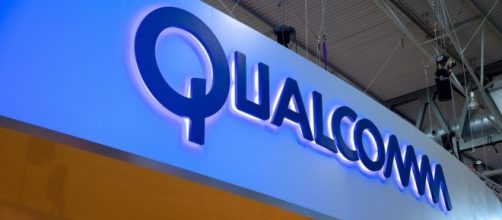Apple and Qualcomm have been fighting a legal battle over patent infringement for almost half a year now. Both parties have slung accusation at the other, both inside the court and outside. However, as of yet, there have not been signs of this dispute ending anytime soon. Both the companies seem reluctant to admit any wrong doing on their own part. However, a statement by Qualcomm chief may indicate that the company is looking to settle the matter now.
Qualcomm keen on settling dispute with Apple?
Steve Mollenkopf, CEO of Qualcomm, spoke of the matter in a Brainstorm Tech conference in Aspen.
He said that no new development had been made in the case and that these corporate grievances are in most cases resolved outside the courts. Mollenkopf added that he believes that a settlement between the two parties is how this dispute between Apple and Qualcomm will be resolved.
What Mollenkopf said is essentially true as almost 99 percent of such cases are resolved between the two opposing parties outside the court of law. This settlement usually involves one party paying a hefty sum of money to the other to ensure that all their grievances are answered. However, it remains to be seen which company will pay the other, as both have made accusations against each other.
What was the dispute about?
Qualcomm first came out and claimed that Apple was withholding royalty payments for Qualcomm's techs which the Cupertino-based company used in its iPhones. It was reported by the chip maker that Apple did not agree with the fee being charged and have thus refused to make the payments. Apple, on the other hand, claimed that Qualcomm charges a percent of the total price of a completed device as a fee for its technologies.
However, this policy of Qualcomm did not go down well with the Tim Cook-run company, which termed these fees being charged by the chip maker as unjust. According to Apple, Qualcomm should charge royalties for its parts alone and not a percentage of the price of a completed device, as this means that chip maker is also charging for parts it had nothing to do with.
In reply to these counter accusations from Apple, Qualcomm claimed that it did not simply charge the royalty for the chips housed in the iPhones, but also the other minor technologies without which the devices would never be able to work. Qualcomm even sought to ban the import of all iPhones into the U.S. However, the latest statement from Mollenkopf indicates that Qualcomm may be ready to settle the matter with Apple out of the courts.


